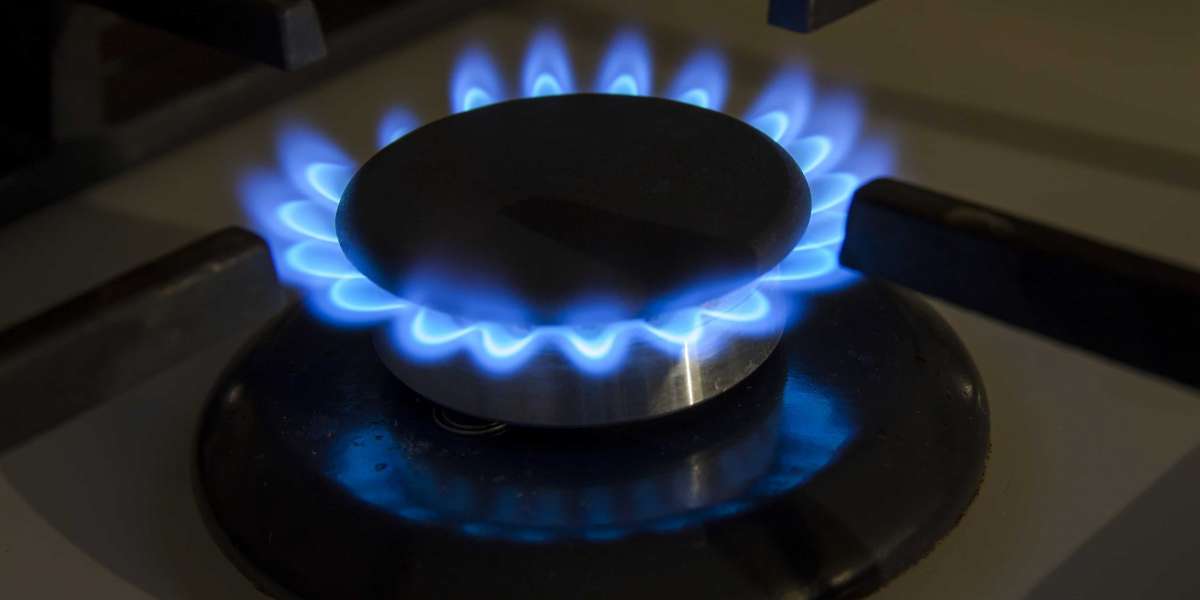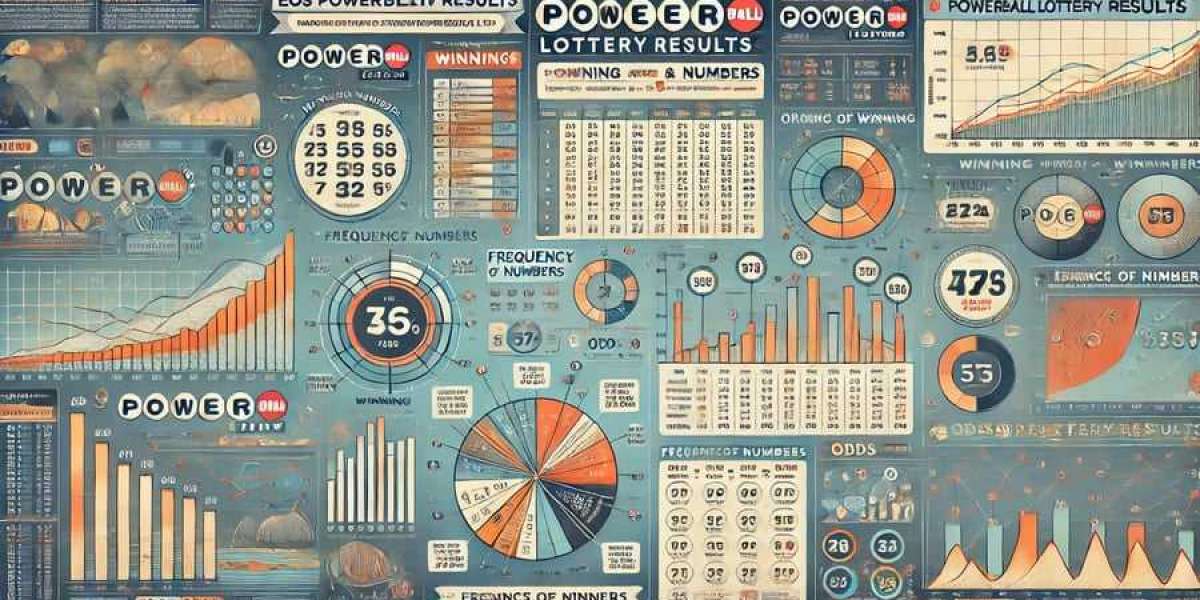Gas Safety Certificates are legally required. This is important to ensure your tenants' safety and health, and also to extend the life of your appliances.
Your engineer will check the safety of your gas appliances and pipes. The certificate will be issued by the engineer. If an appliance is considered to be Immediately Dangerous or at risk and must be replaced immediately.
Ventilation
Your engineer will examine the ventilation passages of each appliance as part of the gas safety inspection to ensure that they are free of obstructions and clear. This is vital to prevent the accumulation of harmful gases in your home like carbon monoxide. Carbon monoxide is a hazardous gas that can cause poisoning when it accumulates. Your engineer will check it regularly when they visit the property.
They will also inspect chimneys and flues to make sure they are free of obstructions, sealed properly and able to release gases consistently. They will also check for levels of carbon monoxide in the house, which is a colourless intoxic, odourless, and smellless gas which can accumulate to dangerously high levels in time if not removed from the house. Gas Safe registered engineers should inspect and service your appliances every year.
Your gas engineer will check the safety devices of every appliance to ensure they're functioning properly. The device is designed to shut off the gas supply in the event that the flame goes out, and to prevent the appliance from overheating. It is a crucial safety feature that every landlord must ensure is functioning properly.
The gas engineer will ensure that all fittings, valves and pressure regulators are secure and secure. They will also confirm that the gas type being used is the one that was specified when your appliance was installed.
If there are any problems, your gas engineer will note them on the CP12 certificate and suggest what should be done to correct the issue. This is an important document that should be kept on the file as it serves as proof that your gas appliances have been inspected and are safe to use. Gas safety checks are essential for a variety of reasons. They help you to comply with the law and to promote the health of your environment. If you're not getting your CP12 certificates renewed in time, it could end up costing you and your tenants in the end.
Pressure
If the gas appliance isn't properly installed it could produce dangerous carbon monoxide. Engineers will make sure there are no obstructions or obstructions in the ventilation passages, and also that the appliance is operating correctly. Engineers also ensure that the gases are safely released and don't cause a buildup within the home.
It is possible to shut off the gas if a technician discovers a fault in an appliance. This will be noted on the gas safety certificate, and the affected tenants should not use the appliance until it is repaired. Landlords are legally bound to keep a record of any repairs they perform and to renew their gas safety certificates on a regular basis. It is recommended for them to get these checks done by a professional Gas Safe registered engineer who can conduct the required tests and provide an official certificate.
Gas safety certificates, or CP12s, are essential legal documents that provide information about the home and appliances which were inspected. It will include the date of inspection, the address of property, and name and Gas Safe registration numbers of the person who performed the inspection. It will also detail any issues discovered and provide the steps to be taken to rectify them.
The CP12 will also determine if the appliances are sealed or open vented. The CP12 will also record the pressure in the gas supply, as well as whether or the expansion and feed cistern is equipped with a functioning ball valve. The engineer will also examine the efficiency of the combustion in the appliance and determine if it is displaying signs of carbon monoxide poisoning.
While some landlords might believe that obtaining an official gas safety certificate is not necessary, it's actually legally required in the UK. It also helps prevent injuries or accidents that may be caused by malfunctioning appliances and helps to create the safety of tenants. It can also be useful when a property is either rented or sold, since it indicates that the property is in compliance with safety standards. The most efficient method to schedule an inspection of your gas supply is by using an online service that offers many Gas Safe registered engineers. You just need to fill in the required information and receive a quick quote on your gas safety certificate now.
Flues
A flue is an assembly that is hollow that includes pipe, built-up tile pipe or any kind of noncombustible materials that is utilized to vent fumes, smoke or fumes from heating components like boilers hot water heaters, boilers, and furnaces. The natural draft generated by the flue is crucial for the proper operation of these appliances, since the gas must be able to escape from the inside of the appliance and not be recirculated within the structure. A gas safety engineer will look at the exterior and inside of a flue in order to ensure that it is sealed properly, that it has no obstructions and that a natural draft is being created.
A qualified engineer will also inspect the valves and pipes that connect to each gas appliance connected to the flues. If these connections do not meet accepted standards, there could be dangerous leaks of gas that aren't detected. It is also essential to ensure that the gas supply and outlet of each appliance are in good condition, to prevent any buildups of carbon monoxide from developing.
If there are any issues or faults found with the gas installation and its appliances, an engineer certified by the government will take note of them on a gas safe certificate. When they return to the property, they'll be able fix the issue and bring the property back to normal. The landlord must get a gas safety certificate for each rental property they own. This is to ensure that their tenants are protected from any gas or heating related accidents.
Gas safety certificates are not required in law, but many homeowners opt to obtain certificates due to their benefits. They include peace of mind and knowing that their heating systems are operating properly. Additionally, some homeowners' insurance policies require that they have gas safety certificates in order to be valid. Having a gas safety certificate can allow them to save money on their home insurance rates and other related expenses.
Appliances
The listing of all appliances and installations that were examined is among the most important elements of a gas certificate safety. Each entry will list the make, the model the location, and Mkgassafety.Co.Uk whether the appliance was passed or failed. In some cases failures, there will be an explanation of the issue as well as suggestions for action. For instance, if a device was found to leak carbon monoxide (CO) and the engineer will recommend that it be replaced immediately.
In addition to examining the appliances themselves, the engineer will also look at the flues to ensure that they are free of obstructions and that gases are released regularly. Attention to detail can be crucial since CO poisoning could be a result of gas that cannot be expelled.
Landlords must have gas appliances and other infrastructure inspected every year. This is a lawful requirement which must be observed or the landlord could be subject to severe penalties. Many landlords take gas safety seriously and do everything they can to safeguard their tenants from gas-related accidents.
Gas safety certificates are issued by Gas Safe registered engineers following an inspection of the property's gas system. The document is also called a Landlord Gas Safety Record or a CORGI Certificate. The document includes the name and registration number of the engineer that conducted the inspection as well as the address of the house where the tests were carried out.
The gas engineer will make sure that the appliances installed in a home are safe to use, and that they comply with current regulations. They will check for leaks, confirm that there is enough ventilation, test the gas pressure, etc. They will also examine the flues to ensure that gas combustible is being safely ejected and assess the performance of the appliances, including combustion efficiency.
 If an appliance fails to pass the tests it will be classified as Immediately Dangerous (ID) or At Risk (AR). These appliances should not be used and should be replaced as quickly as is possible. The gas engineer will take the appliance from the gas supply if they spot a defect they cannot repair. This will be noted on the certificate.
If an appliance fails to pass the tests it will be classified as Immediately Dangerous (ID) or At Risk (AR). These appliances should not be used and should be replaced as quickly as is possible. The gas engineer will take the appliance from the gas supply if they spot a defect they cannot repair. This will be noted on the certificate.




